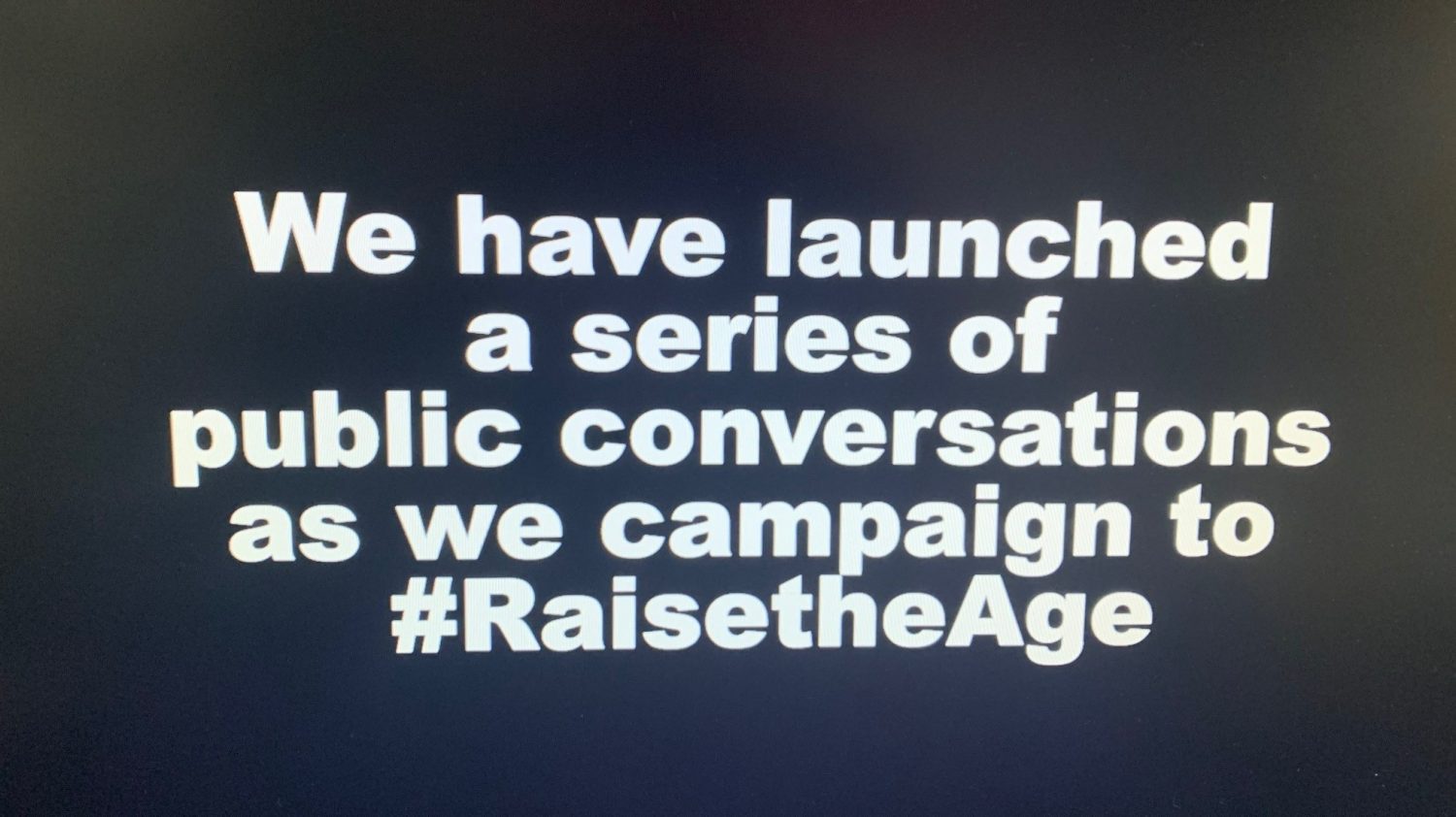Restorative justice and the minimum age of criminal responsibility – #RaisetheAge
The Centre for Children’s Rights (CCR) at Queen's University Belfast are delighted to host this blog series in partnership with the Children’s Law Centre, Include Youth, NIACRO and VOYPIC. Academics within the CCR, in partnership with some of these organisations, co-hosted a seminar at Queen’s in 2015 attended by the then Minister for Justice, David Ford in which we discussed the very same issue of raising the age of criminal responsibility in Northern Ireland. It is disappointing that little has been progressed in the intervening years. This blog series represents our joint commitment to keeping debate and discussion about raising the minimum age of criminal responsibility (MACR) on the public and political agenda.

The age of criminal responsibility in Northern Ireland is 10 years old. It remains one of the lowest in Europe and around the world. The Children’s Law Centre, Include Youth, NIACRO and VOYPIC are calling for the age to be raised to 16 in line with UN recommendations.
Read the first post in this series here
Read the second post in this series here
Read the third post in this series here
Children are thought not to be responsible enough to buy a lottery ticket until their 16th birthday, they cannot drive a car until they are 17 years old and need to wait until they are 18 to vote, serve on a jury, get a tattoo or buy a glass of beer; but we hold 10 year old children criminally responsible.
The UN Committee on the Rights of the Child has repeatedly raised the minimum age of criminal responsibility in this jurisdiction as a serious breach of children’s rights and made clear recommendations this is raised considerably “in accordance with acceptable international standards”.
At 10 years of age, we have one of the lowest ages of criminal responsibility in the world and the lowest in Europe. In some countries such as Norway, Sweden and Portugal the age of criminal responsibility is 15 and 16.
There is a large body of international evidence telling us that 10 is far too low, and that children will not understand the full consequences of their actions until much later in their development.
When deciding how to engage with children who come in contact with the criminal justice system, we must reflect on what the best outcomes for both children and society are. If we want to prevent ‘offending’ and encourage ‘rehabilitation’, drawing children into the criminal justice system does not work.
In 2017/18, almost 30% of children with offending behaviour reoffended within one year. Children in the criminal justice system are overwhelmingly care experienced children, children with drug or alcohol problems, children with mental health needs or unmet special educational needs. The focus therefore needs to be on assessing and addressing the challenges and life experiences that led the child into contact with the law in the first place. This approach will lead to better outcomes for children, their families and society.
Evidence demonstrates that raising the age in Northern Ireland is long overdue. Government cannot continue to prevaricate, they need to comply with their children’s rights obligations, reflecting both best practice and what we now know about child brain development; children and society need urgent action.




